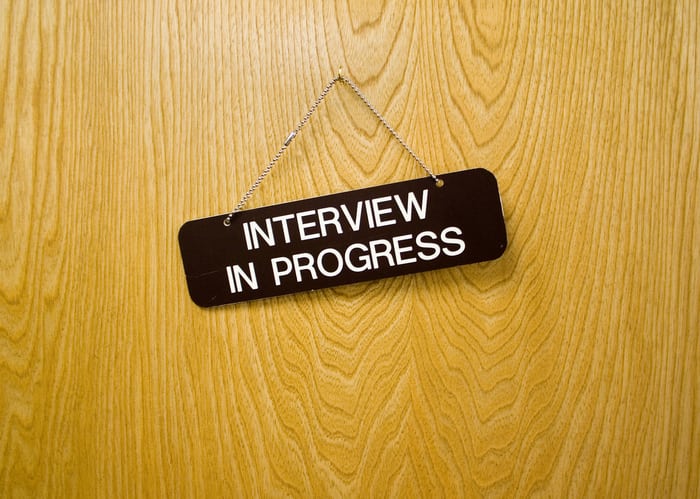You walk in the door, and you have about 15 minutes to two hours to make a good first impression on a recruiter. That being said, the person seated across from you will form perceptions about your personality and suitability for the job in the first five minutes. The rest is just completing the process of recording answers to the formal questions. A recruiter must create a semblance of objectivity in the interviewing process, and it would be rude to end the meeting after those first few minutes. Here, we discuss how you can truly impress recruiters at your next interview. This is your big opportunity to sell yourself without trying too hard or being someone that you’re not.
Believe in yourself
The key to impressing an interviewer is conveying confidence in what you bring to the organization. This means that you have already taken stock of your personality, work experience, professional credentials, and accomplishments. Don’t promise things that you can’t deliver, but do offer examples of how you’ve succeeded in the past.
Do not doubt
Don’t let doubt affect what you say in the interview. Employers want to believe that you’re the person you represented yourself to be on the resume. They want to think you’re being forthright in your answers during the face-to-face interview, but they will maintain a bit of skepticism until they get to know you better. If you doubt your ability to do the job, it shows through in your nonverbal communication (even when you think your verbal responses sound confident).
Dress for success
It is important that your dress matches the type of interview that you will attend. For example, you might not wear a formal business suit to a Starbucks barista interview, but you might wear one to a panel interview for a professor position at the local university. The right choice of interview attire will help you officially wow your audience. If your budget is an issue, pick up a gently used suit or outfit at a nearby thrift store or consignment shop.
Research the company
This means reading the website information and talking to employees who work there. Look for online press coverage and other information about the company. Your understanding of an organization makes it easier to answer questions about the contributions you can make.
Share your story
Use storytelling to respond to some interview questions. This assumes again that you have reviewed your past work experiences and that you can quickly retell them. For example, an interviewer might ask how you solved a problem, participated in a team, reached a sales goal, or attended professional development activities outside of your regular job. You don’t have much time to give a response to each question, but take a moment to consider what example is most relevant. Tell the story with enthusiasm.
Use body language
Use open body language during the entire meeting, which means sitting forward a bit, smiling, nodding, and responding at appropriate times. Don’t cross your arms or legs or lean backward in your chair. Don’t look around too much because then you aren’t making eye contact. Some interviewers will sit next to you at the table instead of across from you. They want to seem friendly and open. You can’t hide from these personable types. Strive to appear comfortable; most interviews will take place in an unfamiliar setting.
Getting your next job starts with portraying confidence and impressing your interviewer. If you don’t act like you believe in yourself, it will be hard for a recruiter to conclude that you’re the best candidate. For more interview tips, check out this blog post, or when you’re ready to impress a recruiter, contact us.






Leave A Comment